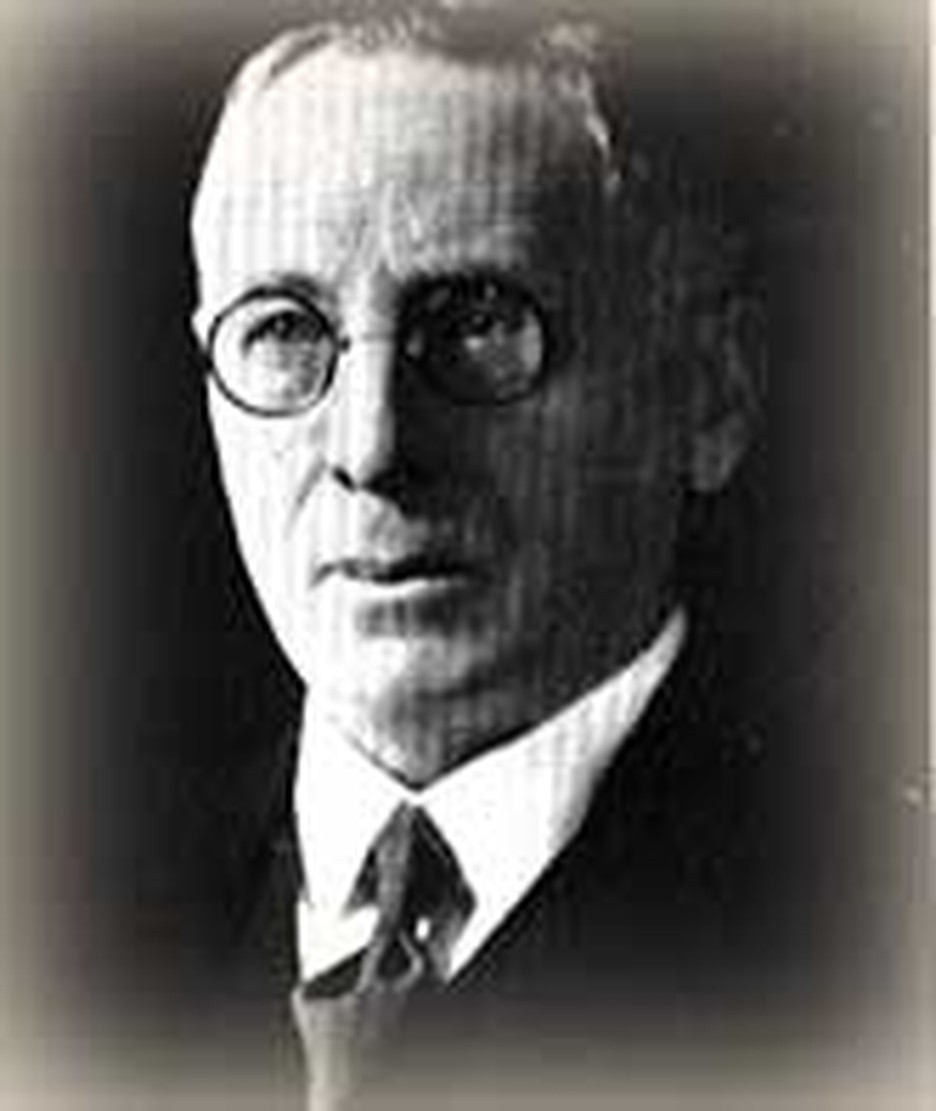
Tragedies highlighted the need for essential services in Australia's Outback. A young man had to be operated on without anesthetic by untrained personnel, using a penknife and flashlight, obeying instructions relayed by morse code on radios provided by an Australian mission. The operation lasted seven hours.
All the agony was in vain. Within a month, the man died of complications from his unidentified surgery just hours before a trained doctor arrived.
The man who set himself to do something about that was John Flynn. "If it is true that Jesus is God's Son, and that through Him whosoever will may approach the Father Himself, what more honorable calling can a man follow than to realize this fact and act upon it?" With those words, Flynn convinced himself that God meant for him to become a minister.
Born in 1880, at Moliagul in Victoria, Australia, John got his faith from his father, a lay pastor in the Methodist church and a school teacher. His mother had died when he was three. A year after her death, John's father transferred to a school near Melbourne. The nearest church was Presbyterian and so John became a Presbyterian.
Australia's Outback intrigued him. Looking across it he saw the same things anyone else saw. He saw dust and deadly isolation. He saw regrettable deaths that could have been prevented--would have been if there had been medical care. He saw souls untutored in the rudiments of faith and minds stunted for lack of schooling. He saw all that. But he saw more.
He dreamed of railroads and radio stations. He imagined a network of nursing centers, close enough to every bush station to give a real chance of life after an accident. He conceived a line of roving parsons and wondered why children could not be taught with correspondence courses. Above all, after the invention of the airplane, he envisioned air ambulances to rush doctors to urgent cases or critical patient to medical centers. If no one else saw all this yet--well, he'd have to make them see it. Are we not our brothers' keepers? He labored in the Outback himself and founded a magazine to share his vision with others. Over the years, many of his dreams came to fulfillment.
John was quick to see the potential of the airplane. If doctors could fly to patients, they would provide a mantle of safety to outback homesteads. He appealed for planes and the establishment of seven flying doctors at strategic locations. He had an uphill fight. But his persistence and prayer won. Spearheaded by Flynn, the world's first civilian flying doctor service was born and Doctor K. St. Vincent Welch answered its first call, for a minor emergency, on this day May 17th, 1928. But soon hundreds were helped through the vision of the man who considered no project too big for Christ.
Bibliography
- "Flynn, John." Australian Dictionary of Biography. Melbourne University Press, 1981.
- Graeme, Aplin, et al. Australians - A Historical Dictionary. New South Wales: Fairfax, Syme and Weldon, 1987.
- Idriess, Ion Llewellyn. Flynn of the Inland; with forewords by Sir Sidney Kidman and Ronald G. Macintyre. Sydney, Australia : Angus & Robertson, 1955.
- McPheat, W. Scott (William Scott). John Flynn : apostle to the Inland. London: Hodder and Stoughton, 1963.
- Stevenson, Andrew. "Wind Beneath Flynn's Wings." Sydney Morning Herald. April 3, 2000.
- Thompson, Roger C. Religion in Australia. Melbourne: Oxford University Press, 1994.







